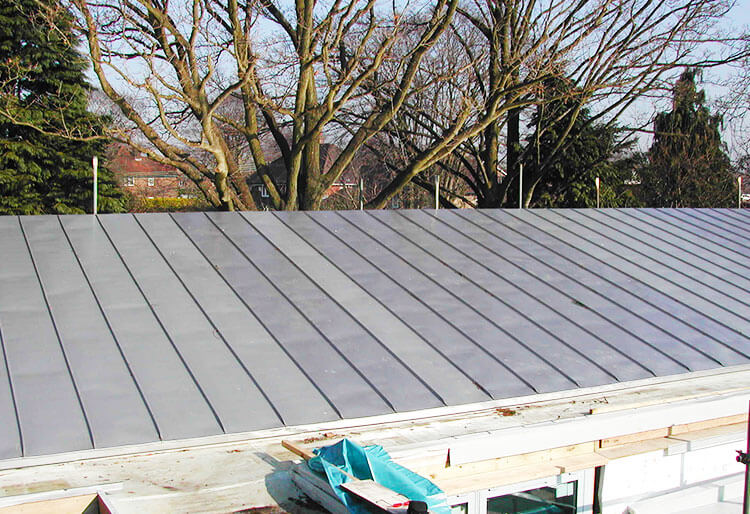
When it comes to selecting the right metal roofing material for your company, you have to realize the pros and cons of different choices available from different modern roofing companies. Aluminum, stainless steel, lead, copper, and zinc are the most famous kinds of metal roofing.
Many metal roofing types allow you to customize your roof based on the style, price, and durability you’re trying to obtain. In reality, these roofing materials offer different applications for modern industrial, residential buildings, and businesses.
Here’s some additional info about each metal roofing material, so you can understand which one is actually best for your roofing needs.
Click here to get the best Toronto Roofing Company
STAINLESS STEEL ROOFING MATERIAL
Steel is just about the most famous metal roofing for its comparatively high strength and low prices. Steel offers a longer lifespan, better strength, lower long-term cost, and better environmental sustainability. The one disadvantage of steel is that it can rust, so manufacturers normally cover zinc or perhaps zinc-aluminum anti-corrosive coating. Stainless steel roofing material is actually a good choice for schools, ecclesiastical, residential, and business use. It’s a great replacement for lead if in a high theft risk area.
COPPER ROOFING MATERIAL
Copper is a soft, beautiful, and malleable great metal roofing material. It is naturally resistant to corrosion and doesn’t need some extra coating. It puts less structural stress on the construction since it’s lightweight, although slightly heavier than stainless steel in the gauge used. Actually, it’s a great material for areas experiencing regular and heavy snowfall. Copper roofs are actually strong, lasting up to fifty years or perhaps even more with regular repair and maintenance. It’s extremely resistant to fire, mildew, hailstone and is actually energy-efficient too. Although copper roofing has several advantages, it is much more expensive than other metal roofing, and the point that it’s soft means it can scratch and dent much more easily. It’s also subject to theft as a result of the high scrap value. Nevertheless, it’s widely used in industrial buildings and residential homes.
Click here to get the best Toronto Roofers
ZINC ROOFING MATERIAL
There’s nothing that really loves zinc metal roofing. It looks good and also brings out the true qualities of a construction design. The energy use is minimal when compared with other metal roofing materials. Zinc has an impressively long lifespan and less need for replacement and repair. It’s also lightweight, meaning it adds no structural stress to the building. It’s naturally soft, making it possible for constructors to use hand tools easily. The way it does require expert input if any changes in shape are actually required. Zinc is an incredibly tough and durable material as well as cost-effective. Although zinc is actually known for its advantages and impressive features, there are several things you have to consider when using it. For example, this kind of roofing has some problems with corrosion from the underside potion when exposed to moisture – which must be considered in the design. Nevertheless, that occurs when the condition isn’t appropriate for the patina to form. It’s ideal in schools, residential buildings, commercial and ecclesiastical buildings.
LEAD ROOFING MATERIAL
Lead materials have numerous advantages and disadvantages when it concerns roofing. Lead is actually among the most durable metals that exist. It can contract and expand with varying temperatures, meaning it can adapt to keep the energy efficiency of the building. Lead is actually mouldable into different shapes to suit different building designs and can’t catch fire during an intense lightning storm. Nevertheless, it can melt under extreme heat, as was the unfortunate event on the South Transept of York Minster. It’s a good resistance to atmospheric corrosion, making it last longer than many other metal roofing materials. It’s also resistant to sound and radiation, which is quite significant to the structural integrity of any building. Nevertheless, the known disadvantages of lead roofing are actually: they’re costly, heavy, and extremely toxic when it breaks down after many years. It’s also subject to theft as a result of the high scrap value. Lead is actually ideal for industrial, ecclesiastical, commercial, and residential roofing.
Click here to get the best Toronto Roof Repair
